Last weekend, I experienced a miracle. A store employee in New York City said “Merry Christmas!” to me. Not “Happy Holidays!” Not “Season’s Greetings!”
I’m Jewish. The store was a Jewish deli. And yes, it was a Christmas miracle.
In the oversensitive world we live in, Christmas-related terms are seen as religious persecution and exclusion. That’s why Rhode Island set up its state holiday tree last week. That’s why towns across America are banning nativity scenes from public property. That’s why Secret Santa has turned into Secret Snowflake.
All of that secularization waters down Christmas to a ridiculous degree. You’d never chase holiday eggs from a holiday bunny or dig into a holiday turkey or watch the holiday ball drop in Times Square. And what purpose does it serve?
Last time I checked, Christmas is about many things. Pushing an ideology isn’t one of them.
To most people, Christmas means family, tradition, history, commercialism, the birth of the most influential religious figure in world history, or any combination of the above. There are no Christmas Police telling people to believe in anything they don’t want to.
Personally, I love nothing more than seeing trees in every window, lights on every bridge, beautiful decorations in every storefront, and reruns of “Elf” and “Rudolph” on every channel.
I don’t feel excluded because I’m Jewish. Whenever and wherever Jesus was born, he wasn’t surrounded by little people in green costumes or oversized red socks. Those secular parts of Christmas bring us all closer together as Americans. Christmas isn’t just for Christians anymore.
In fact, it’s more offensive when people retract their “Merry Christmas!” greetings upon realizing that I’m Jewish. What, do they think I’d be offended if they didn’t mention Hanukkah? Am I too sensitive for Christmas spirit?
Don’t get me wrong, there isn’t a problem with using the more inclusive “Happy Holidays!” when personally addressing a diverse group of people. But “Merry Christmas!” shouldn’t become a pariah phrase just because it’s OK to show a sane level of cultural sensitivity.
Additionally, there’s nothing wrong with including other holidays in the December fun. Hanukkah and Kwanzaa, for instance, are very interesting holidays with their own significance and traditions. The fact that Christmas is such an important holiday should do nothing to diminish them.
But it’s just as important to acknowledge that neither of them would be a big deal without Christmas, and it isn’t fair to elevate them to the same level, or worse, mix them in with Christmas celebrations. Not saying “Merry Christmas!” out of fear for offending non-Christians implies that Hanukkah and Kwanzaa should be considered equally significant holidays, which is neither true nor fair.
It would be like renaming the “Harry Potter” series out of respect for Ron and Hermione.
Christmas is the second-most important holiday in Christianity, ranked only behind Easter in terms of Biblical importance. It was originally a celebration of the birth of the man on whom the entire Christian ideology is based, and it became a more secular celebration of winter in general. Either way, Christmas is big.
By comparison, Hanukkah is a mid-level Jewish holiday. It’s slightly less important than Simchat Torah, the runt of early autumn’s smattering of high holy days and Sukkot’s little cousin. It’s slightly more important than Lag B’Omer, in which a lost battle is commemorated through the lighting of bonfires. In Israel, many kids don’t get presents on Hanukkah, and adults go to work on each of the eight days. Like Mitt Romney’s campaign, it is more a product of good timing than significance.
But Hanukkah looks like Super Bowl Sunday compared to Kwanzaa, which draws fewer followers than “The Real Housewives of New Jersey.” Kwanzaa was invented in 1966 by Maulana Karenga, a Malcolm X disciple who claimed the holiday would “give Blacks an alternative to the existing holiday and give Blacks an opportunity to celebrate themselves and history, rather than simply imitate the practice of the dominant society.”
It didn’t catch on. Recent studies estimate that anywhere between 500,000 and two million Americans, almost half of whom are white, celebrate the holiday.
If “the holidays” referred to New Year’s Eve and New Year’s Day, then using the phrase would make sense. But there is no New Year’s hype the way there is Christmas hype. By the time the end of the calendar rolls around, most of the lights and displays are down. The only gift-exchanging that occurs involves receipts and unopened boxes. And school and company vacations are centered around Christmas. The New Year’s buzz is over and done with in the span of twenty-four hours.
So that leaves Christmas. The one big holiday in winter, arguably the biggest of the year. When people say “Happy Holidays!” and “Season’s Greetings!,” they are referring to one holiday. Why not just say it? “Merry Christmas!” doesn’t deny that other holidays matter. It just shows that Christmas matters more.
So before we go on break next week, I’d like to wish all of you a happy Hanukkah, a happy Kwanzaa, and a happy New Year’s.
And, most of all, a very merry Christmas.














































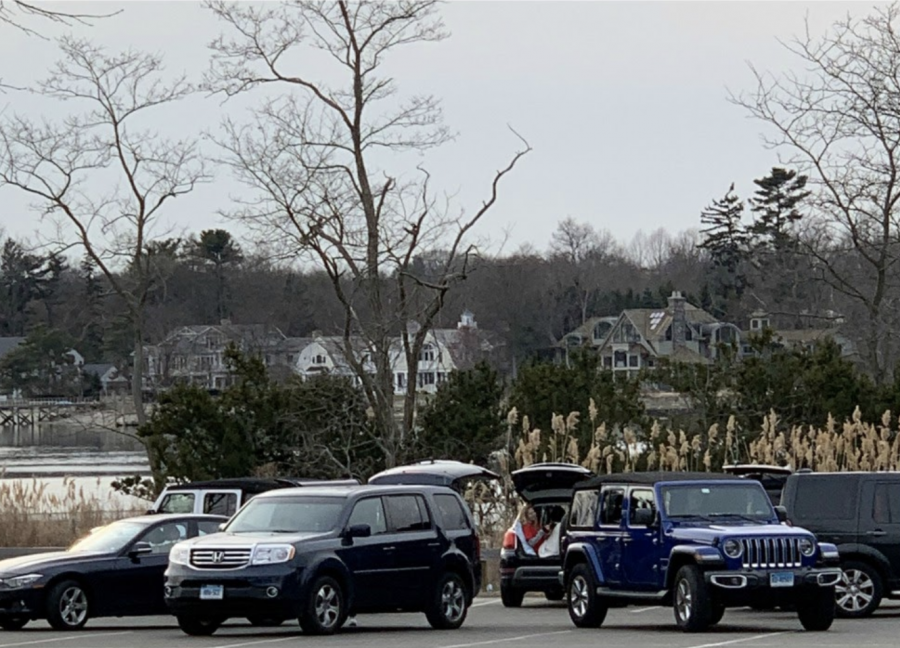
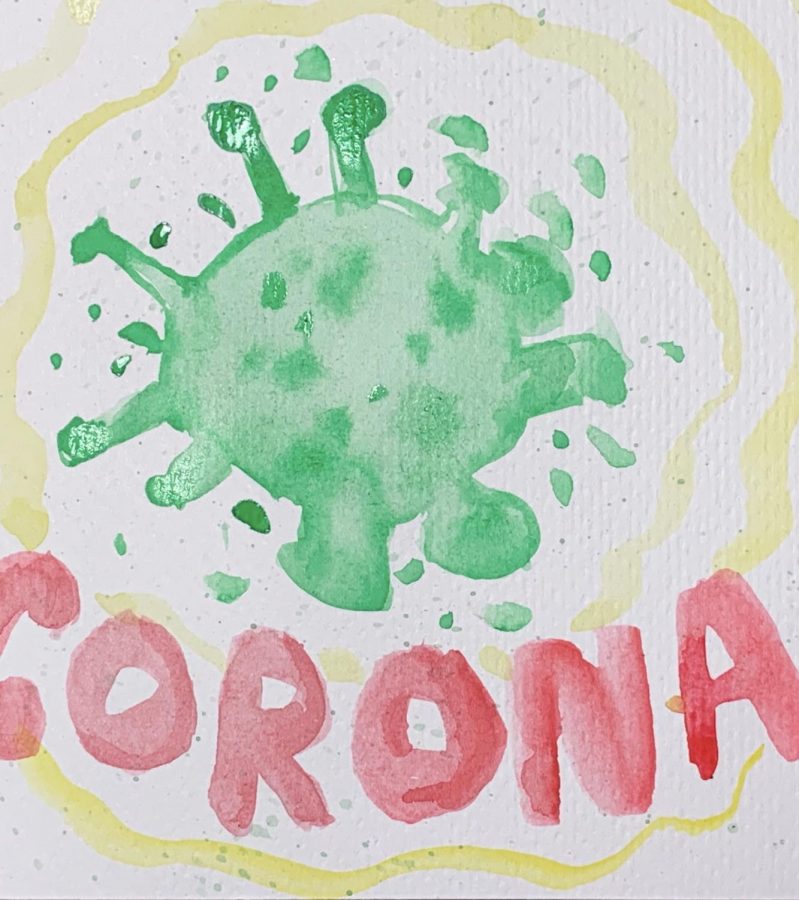
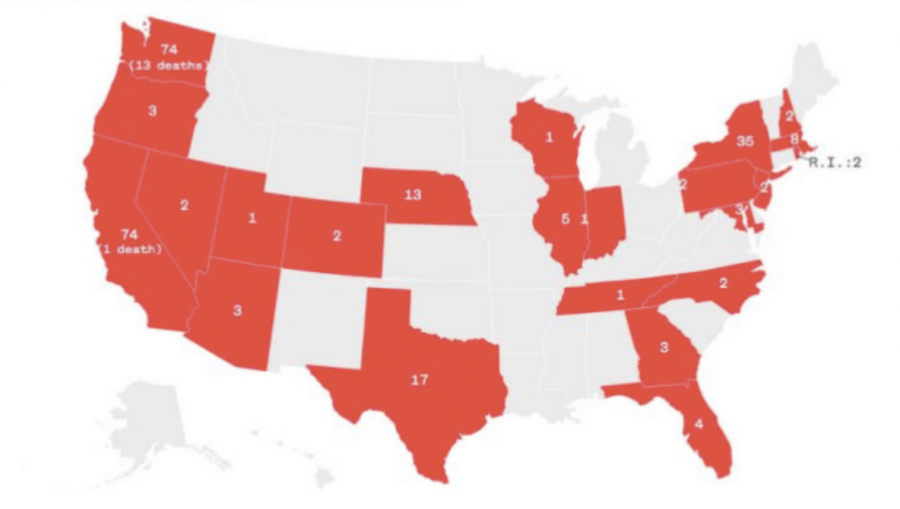
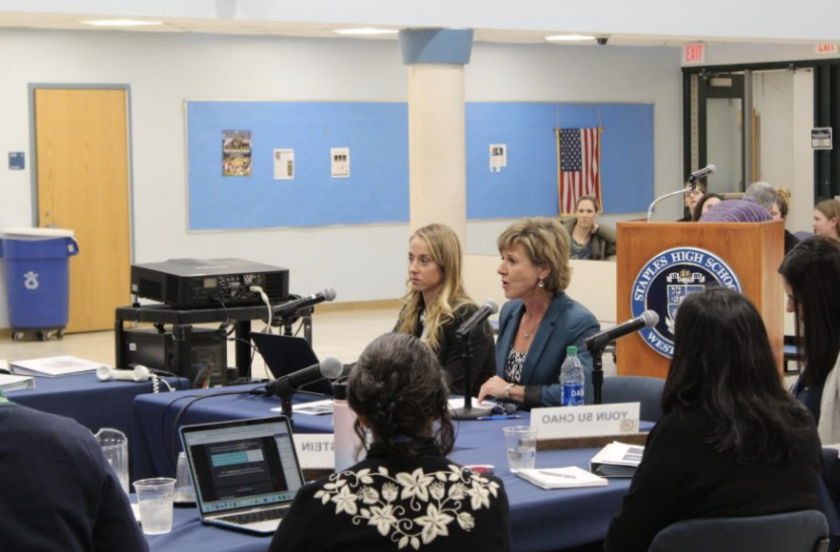
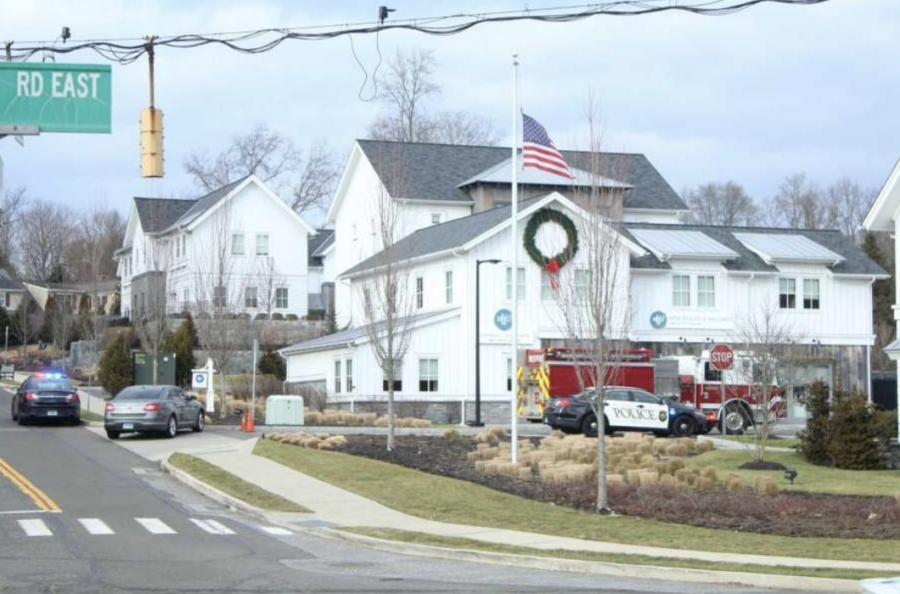
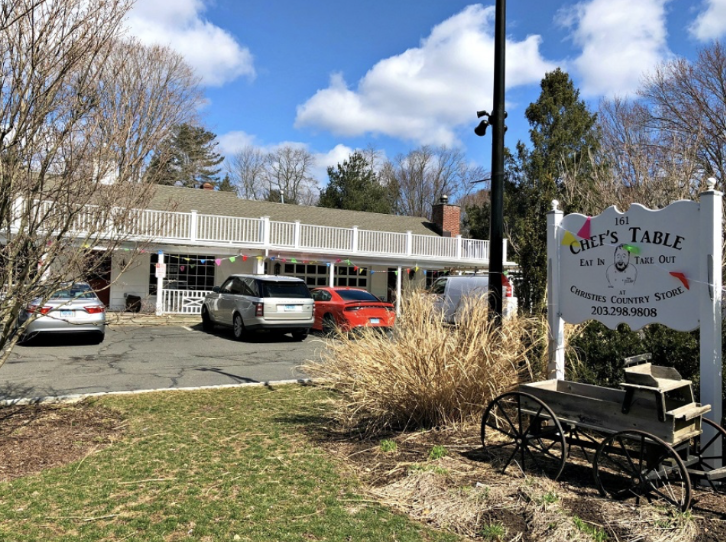

Tom Feeley • Dec 24, 2011 at 11:27 am
Brilliant !
The actual “highest day” in the spiritual world is Good Friday. Because of it’s “sadness,” it is overlooked. It was the sacrifice of life that Christ exchanged to reverse the course of humanity that is the BIG DEAL. Christmas and Easter are simply arrival and departure dates, important because of the Imaculate Conception and Ascension…both miracles, but dwarfed by the crucifixion.